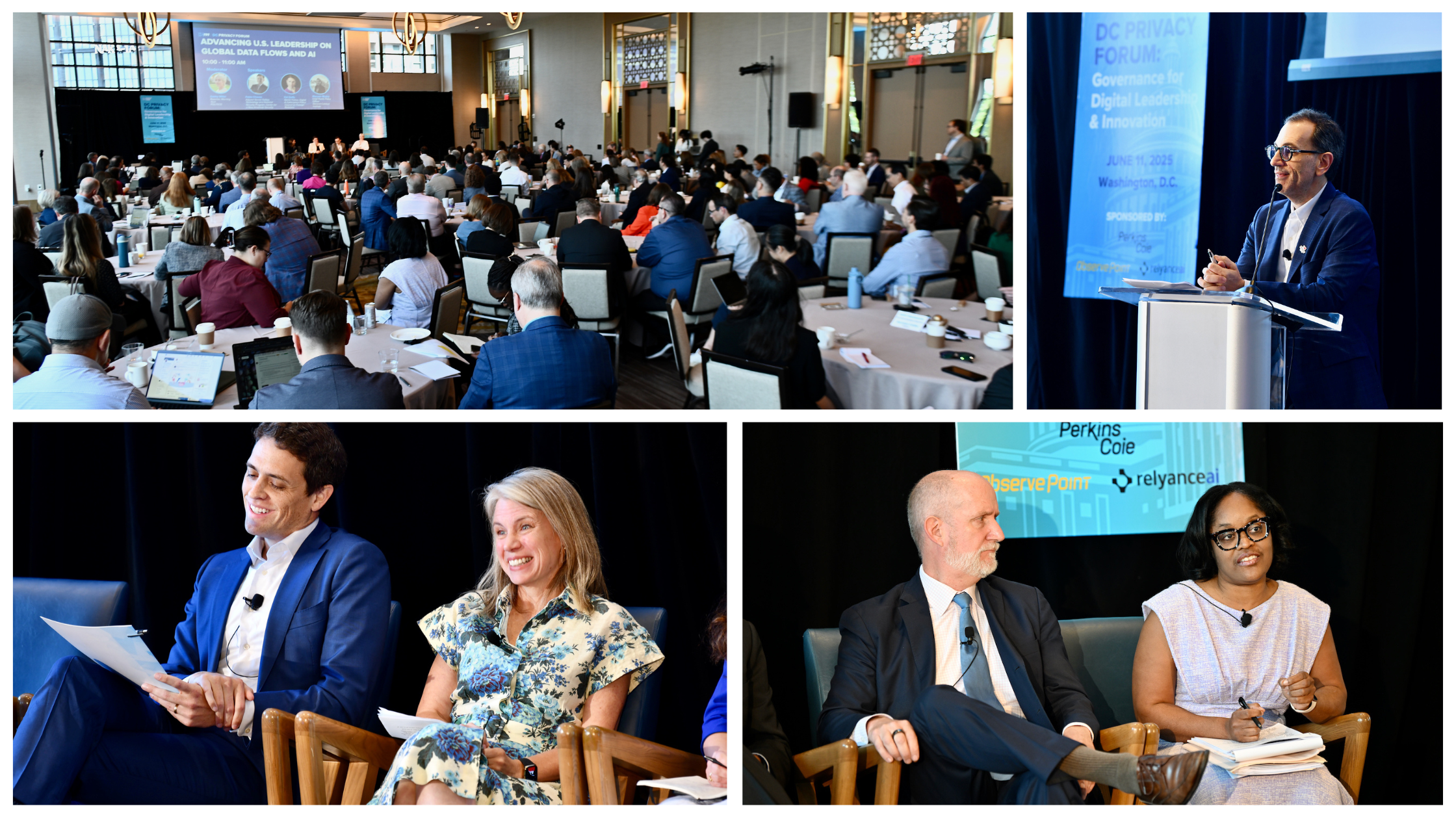
Center for Artificial Intelligence
FPF Spotlight FPF AI Events Subscribe Now Stay up to date with the latest AI news. Featured Resources FPF Center for AI

Malaysia Charts Its Digital Course: A Guide to the New Frameworks for Data Protection and AI Ethics
The digital landscape in Malaysia is undergoing a significant transformation. With major amendments to its Personal Data Protection Act (PDPA) taking effect in June 2025, the country is decisively updating its data protection standards to meet the demands of the global digital economy. This modernization effort is complemented by a forward-looking approach to artificial intelligence […]

The Connecticut Data Privacy Act Gets an Overhaul (Again)
Co-Authored by Gia Kim, FPF U.S. Policy Intern On June 25, Governor Ned Lamont signed SB 1295, amending the Connecticut Data Privacy Act (CTDPA). True to its namesake as the “Land of Steady Habits,” Connecticut is developing the habit of amending the CTDPA. Connecticut has long been ahead of the curve, especially when it comes […]

Annual DC Privacy Forum: Convening Top Voices in Governance in the Digital Age
FPF hosted its second annual DC Privacy Forum: Governance for Digital Leadership and Innovation on Wednesday, June 11. Staying true to the theme, this year’s forum convened key government, civil society, academic, and corporate privacy leaders for a day of critical discussions on privacy and AI policy. Gathering an audience of over 250 leaders from […]

Brazil’s ANPD Preliminary Study on Generative AI highlights the dual nature of data protection law: balancing rights with technological innovation
Brazil’s Autoridade Nacional de Proteção de Dados (“ANPD”) Technology and Research Unit (“CGTP”) released the preliminary study Inteligência Artificial Generativa (“Preliminary Study on GenAI”, in Portuguese) as part of its Technological Radar series, on November 29, 2024. A short English version of the study was also released by the agency in December 2024. This analysis […]

FPF Unveils Paper on State Data Minimization Trends
Today, the Future of Privacy Forum (FPF) published a new paper—Data Minimization’s Substantive Turn: Key Questions & Operational Challenges Posed by New State Privacy Legislation. Data minimization is a bedrock principle of privacy and data protection law, with origins in the Fair Information Practice Principles (FIPPs) and the Privacy Act of 1974. At a high […]

FPF Experts Take The Stage at the 2025 IAPP Global Privacy Summit
By FPF Communications Intern Celeste Valentino Earlier this month, FPF participated at the IAPP’s annual Global Privacy Summit (GPS) at the Convention Center in Washington, D.C. The Summit convened top privacy professionals for a week of expert workshops, engaging panel discussions, and exciting networking opportunities on issues ranging from understanding U.S. state and global privacy […]

Amendments to the Montana Consumer Data Privacy Act Bring Big Changes to Big Sky Country
On May 8, Montana Governor Gianforte signed SB 297, amending the Montana Consumer Data Privacy Act (MCDPA). This amendment was sponsored by Senator Zolnikov, who also championed the underlying law’s enactment in 2023. Much has changed in the state privacy law landscape since the MCDPA was first enacted, and SB 297 incorporates elements of further […]

Consent for Processing Personal Data in the Age of AI: Key Updates Across Asia-Pacific
This Issue Brief summarizes key developments in data protection laws across the Asia-Pacific region since 2022, when the Future of Privacy Forum (FPF) and the Asian Business Law Institute (ABLI) published a series of reports examining 14 jurisdictions in the region. We found that while many offer alternative legal bases for data processing, consent remains […]

India
The FPF India Team FPF India is led by Josh Lee Kok Thong. The India Team serves as a trusted, neutral advisor on data protection and tech policy, supporting capacity building, regulatory engagement, and global thought leadership. Its work helps shape a nuanced understanding of India’s evolving privacy landscape while contributing to broader efforts around governance, […]